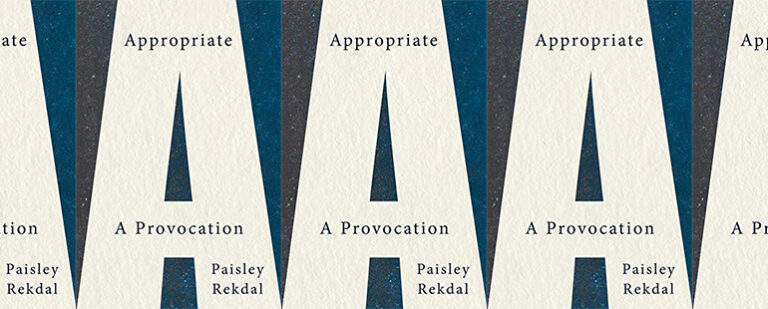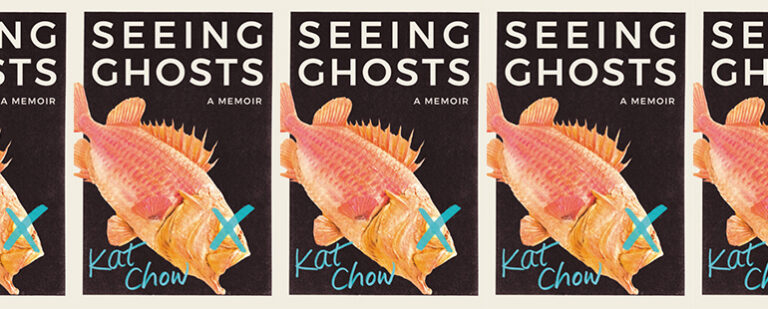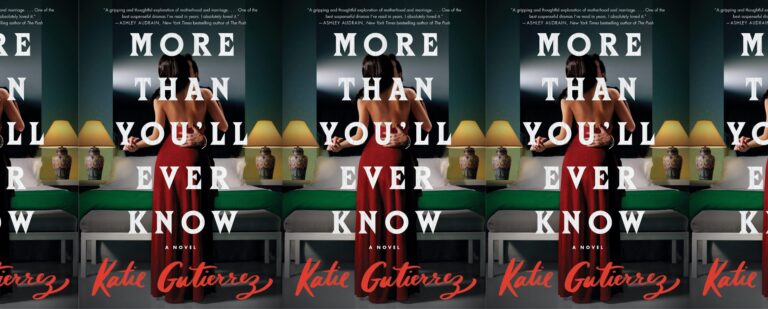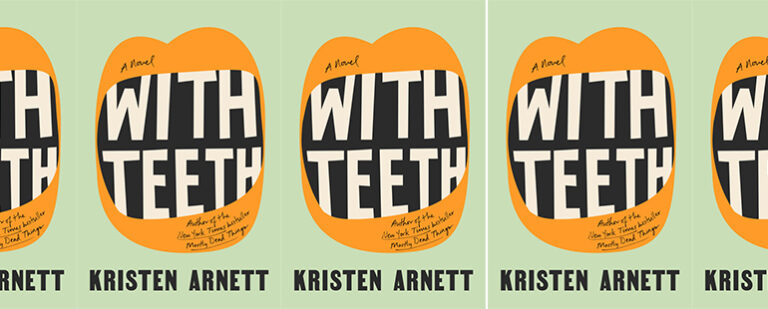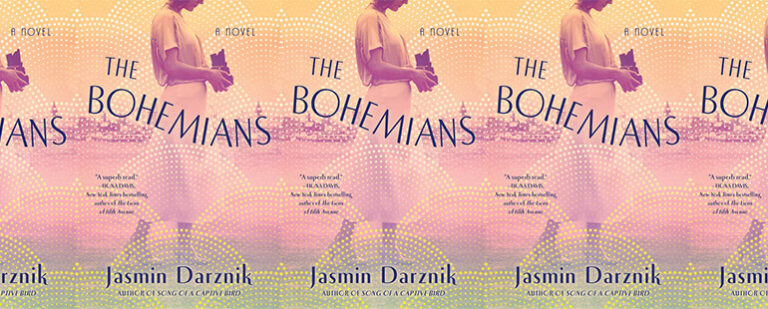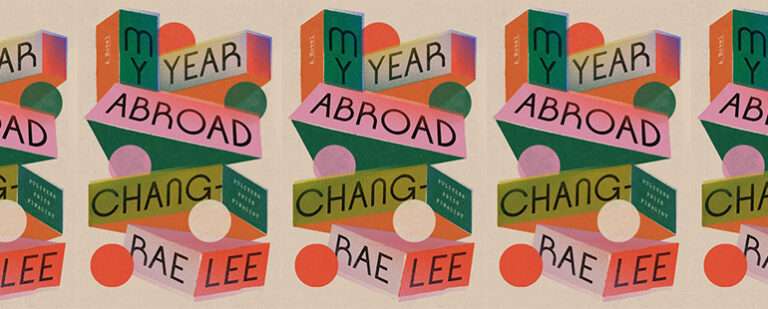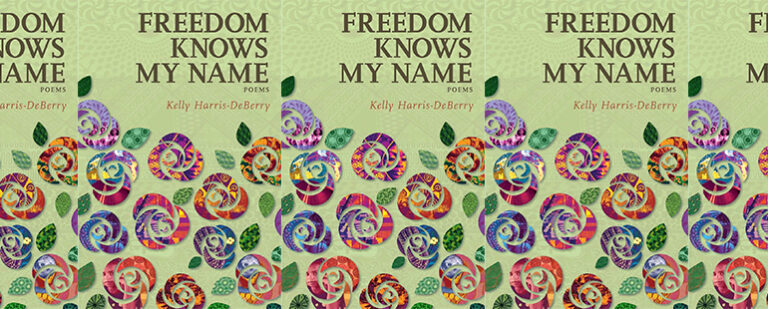“We’re standing on the edge of the cliff”: An Interview with Lauren Groff
Following the conclusion of her Climate Visionaries project undertaken with Greenpeace, Jason Katz speaks with Lauren Groff about writing climate fiction, her climate-related work, and talking to our youngest about climate change.

